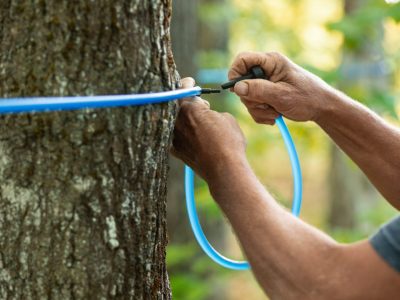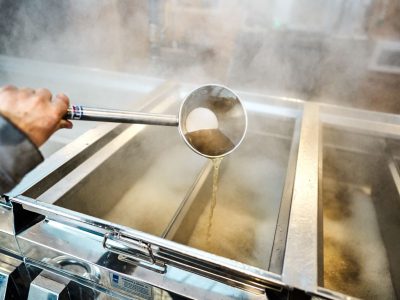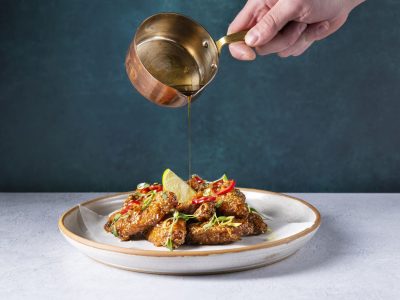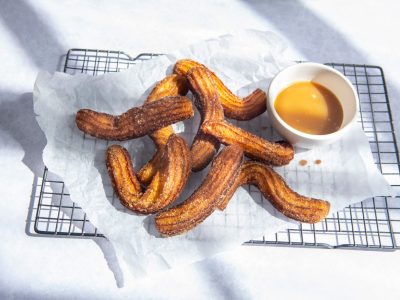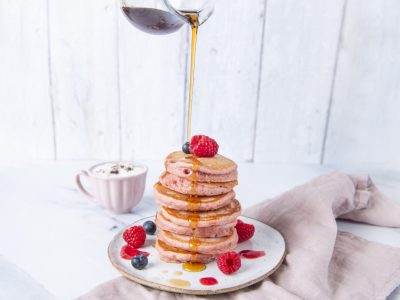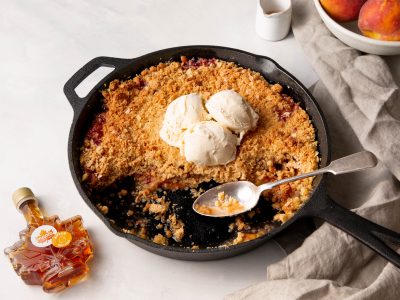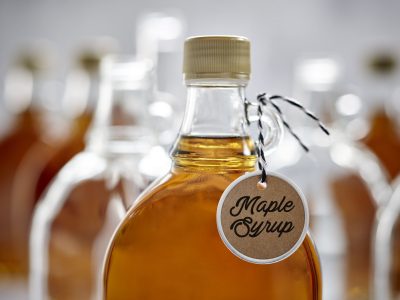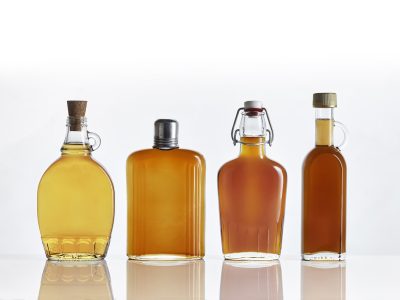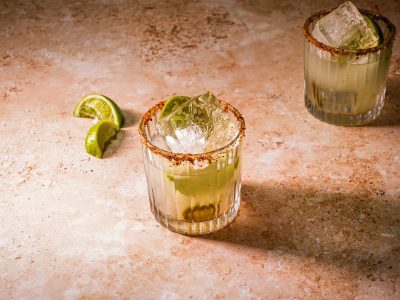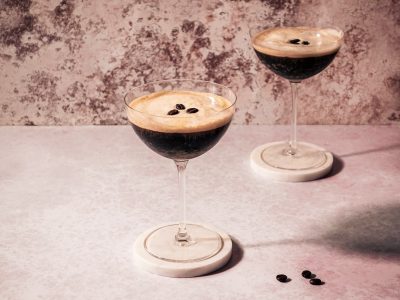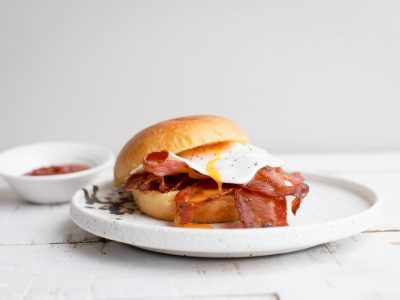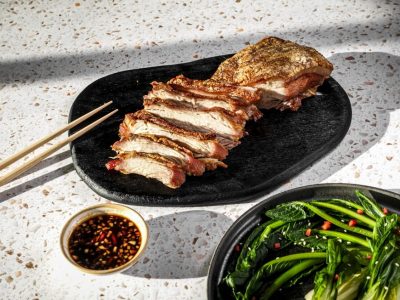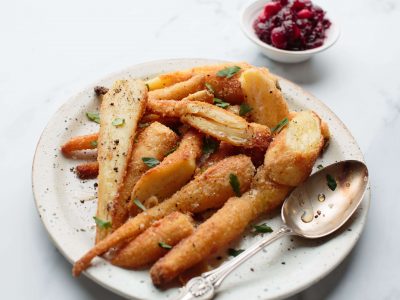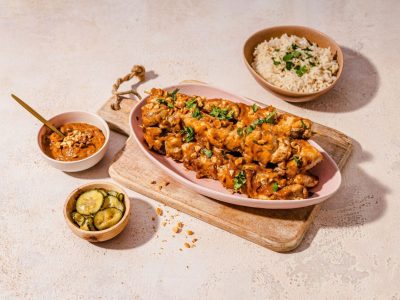Maple Syrup vs Agave Syrup
From taste and nutrition to potential health benefits, get all the information you need to work out which sweetener is right for you!
Which syrup is best?
As two natural, plant-based sweeteners, maple syrup and agave syrup both serve as popular alternatives to refined sugar.
While they share some similarities, the sweeteners differ considerably when it comes to flavour, production and nutritional value.
Wondering which one is best for you? Keep reading for a thorough rundown of the agave syrup vs maple syrup debate!
Maple syrup vs agave syrup: production
Maple syrup and agave syrup are both derived from plant sap, which is extracted from the respective plants – the maple tree and the agave plant – and then boiled to form a thick, sweet-tasting syrup.
Maple syrup in particular is known for its all-natural process, which is managed sustainably to avoid damaging the maple trees and does not involve any additives.
During spring, the alternating freeze-thaw cycles of night and day push the sap that has been stored in the roots of the maple tree during winter out toward the trunk and branches.
From here, the sap is extracted using small tubes that are inserted into the tree and then transported to the sugar shack ready for boiling down into maple syrup.
The process of making agave syrup is slightly more complicated and, unlike maple syrup, uses additives in the form of enzymes which alter the natural composition of the sap.
The plant’s leaves are first removed, leaving only the core, which is squeezed to extract the sap. This is then filtered and heated, splitting the complex natural sugars into simple sugars.
Finally, the liquid is concentrated to form agave syrup, with the end product being a highly refined syrup lacking many of the nutrients naturally present in the sap at the start of the process.
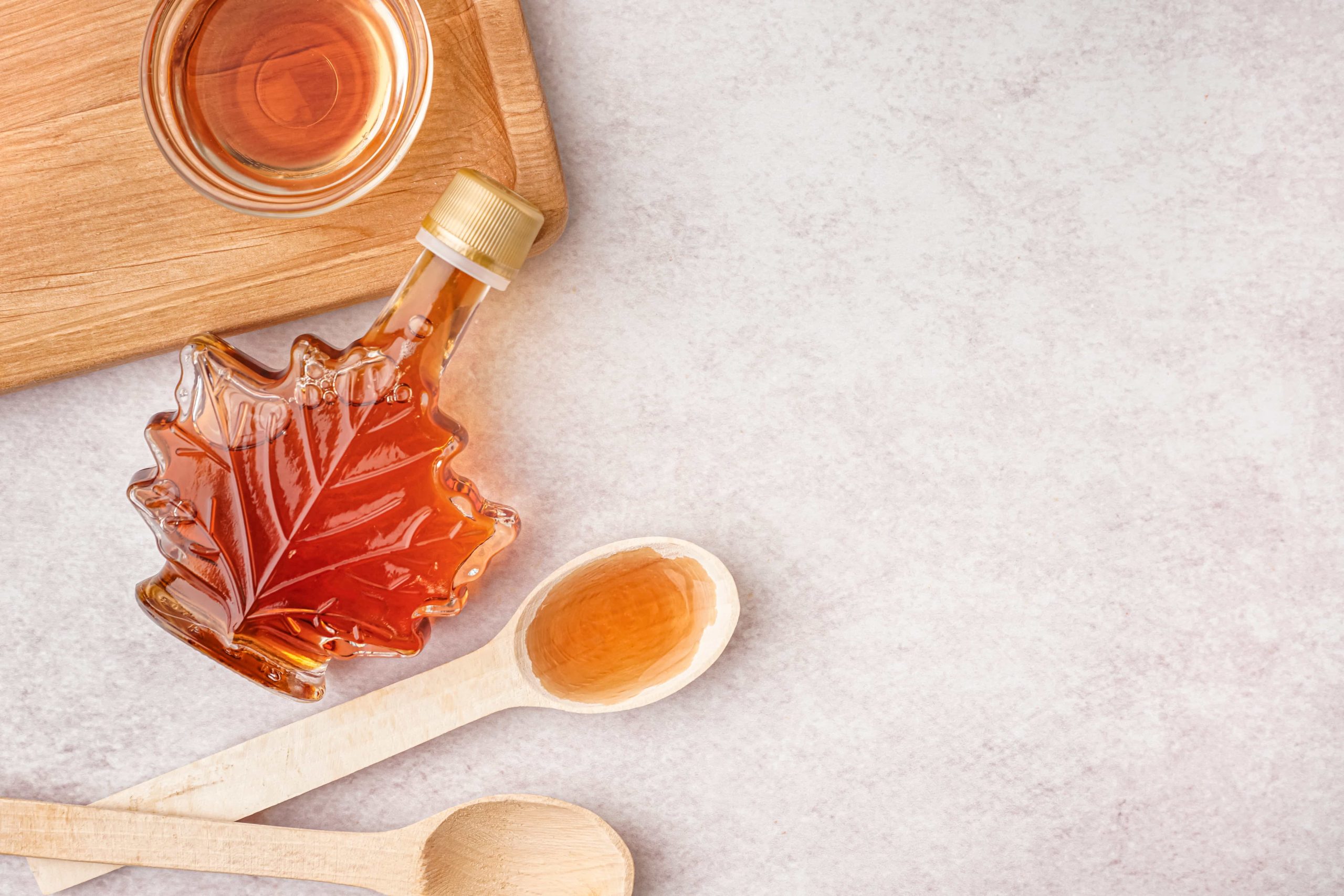
Learn more about the maple syrup production process below.
Maple syrup vs agave syrup: flavour
Maple syrup is known for its rich, distinctive taste, which is often likened to vanilla, caramel and butterscotch. Agave syrup, on the other hand, is generally said to have a neutral flavour that’s slightly sweeter than sugar and not dissimilar to honey.
Agave syrup owes its sweetness to its high fructose content, with fructose regarded as the sweetest of all naturally occurring carbohydrates.
In contrast, maple syrup is made up of a more varied combination of fructose, sucrose and glucose, which contributes to its more distinctive flavour.
Due to its slightly stronger taste, maple syrup is a great option for dishes where you’re looking to add a different dimension to the overall flavour.
It’s worth noting that both sweeteners come in a range of grades, varying from light and amber to dark brown, with each possessing its own unique flavour.
The general rule is the darker the colour, the deeper the flavour. The range of colours available gives you the chance to find a flavour that suits your own personal taste.
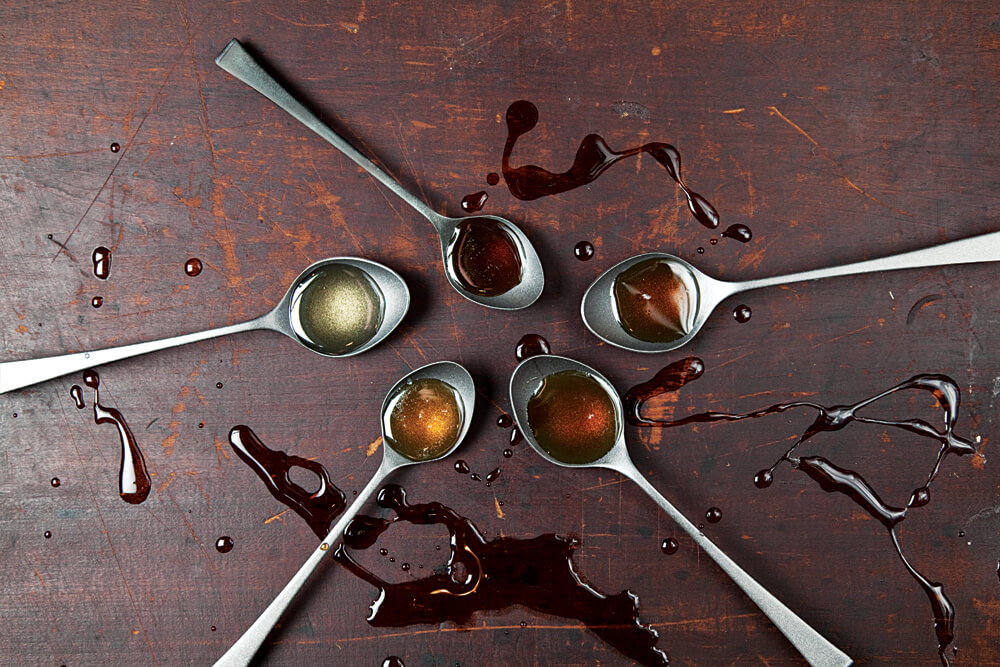
Learn more about the unique flavour of maple syrup flavour below.
Maple syrup vs agave syrup: nutrition
While both sweeteners are naturally high in sugar, maple syrup is widely considered healthier than agave syrup thanks to its lower fructose content and higher concentrations of vitamins, minerals and antioxidants.
Continue reading for a full breakdown and comparison of maple syrup’s and agave syrup’s respective nutritional profiles, including calories, carbohydrates, micronutrients and glycaemic index.
| 30ml tbsp pure maple syrup | 30ml tbsp agave syrup | |
| Calories | 110 | 128 |
| Fat | 0g | 0.2g |
| Carbohydrates | 27g | 31g |
| Sugar | 26g | 28g |
| Protein | 0g | 0g |
| Calcium | 30mg | 0.41mg |
| Manganese | 0.82mg | 0mg |
| Riboflavin | 0.18mg | 0.07mg |
| Glycaemic index | 54 | 17 |
The nutritional data for agave syrup in the table above is taken from the U.S. Department of Agriculture, while the data for maple syrup is taken from our maple syrup nutrition page.
Calories
Agave syrup has more calories than maple syrup, with a typical 30ml serving having around 18 more calories. While this may not seem like much, the calories can quickly add up when using larger quantities, as tends to be the case when baking.
Carbohydrates
Agave syrup is also higher in carbohydrates and sugars than maple syrup. Unlike maple syrup, which is composed mainly of sucrose, agave syrup contains large amounts of fructose, a sugar often associated with adverse effects on metabolism.
Fat
Both maple syrup and agave syrup contain only trace amounts of fat, however agave syrup does have slightly more at around 0.2g per two-tablespoon serving.
Protein
As with fat, there are only tiny quantities of protein found in both maple syrup and agave syrup – certainly not enough to derive any health-related benefits.
Vitamins
Agave syrup has trace amounts of several minerals including vitamin B6, however the quantities are significantly reduced during processing. Maple syrup, on the other hand, preserves most of its nutrients and is noted as a natural source of riboflavin.
Minerals
Maple syrup is made up of more minerals than agave syrup, providing considerable amounts of copper, calcium and potassium while also being rich in manganese. Agave syrup contains some of these minerals, however only in negligible quantities.
Glycaemic index
The chief benefit of agave syrup is its low glycaemic index, which can vary from brand to brand but is generally around 17. Maple syrup has a glycaemic index of 54, which is higher than agave syrup but still lower than other popular sweeteners like caster sugar, honey and golden syrup.
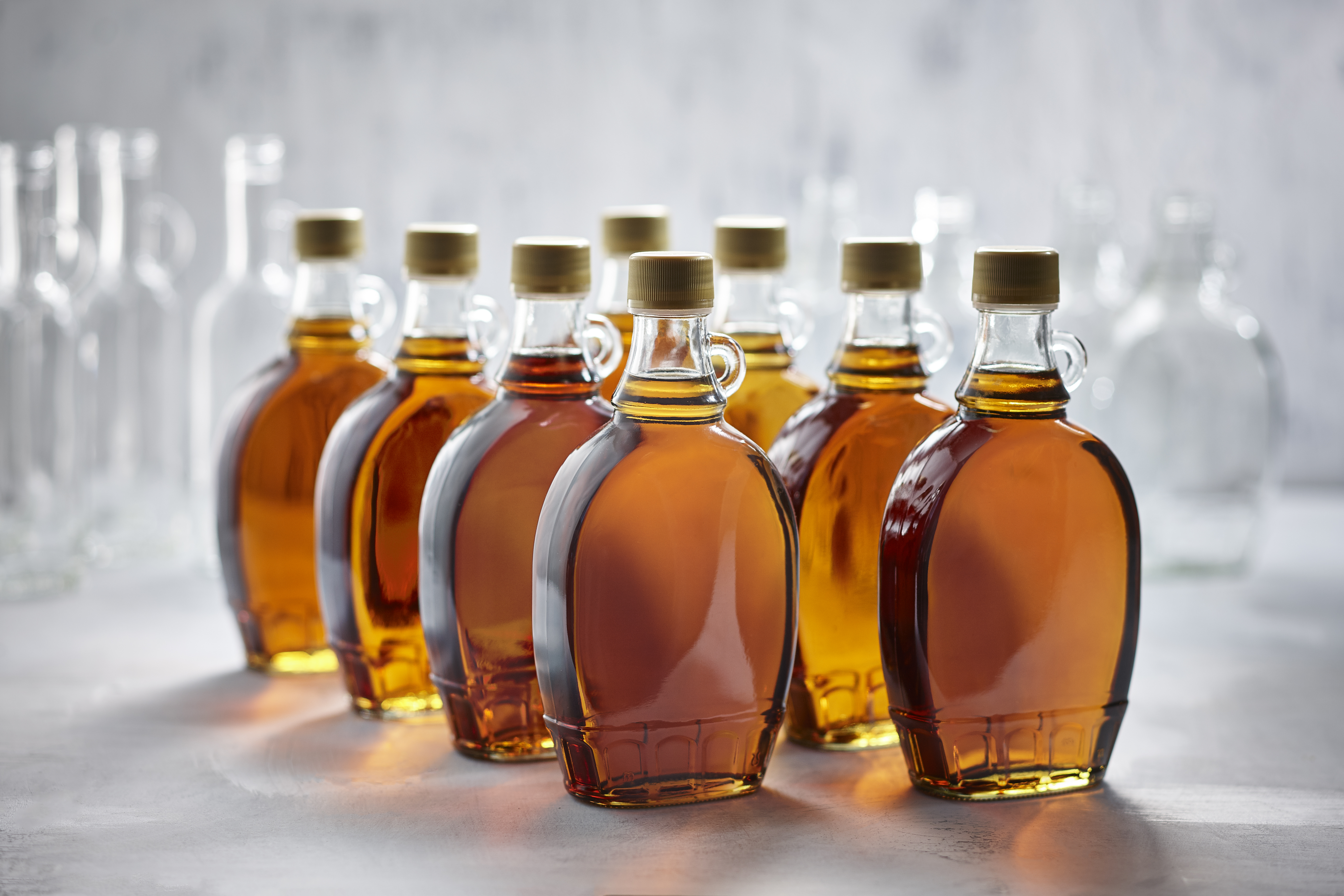
Learn more about the nutritional profile of maple syrup below.
Maple syrup vs agave syrup: health benefits
Along with having a more balanced nutritional profile and higher quantities of vitamins and minerals than agave syrup, maple syrup also contains contain dozens of polyphenols, many of which have been proven to to possess anti-inflammatory properties.
Quebecol – named after the Canadian province in which most maple syrup is produced – has received particular interest for its ability to alleviate periodontal tissue damage, among a host of other purported health benefits.
Other research has found that maple syrup contains inulin, a prebiotic believed to support a healthy digestive system and help regulate blood sugar levels.
The presence of different vitamins, minerals and polyphenols in maple syrup makes it a more nutritious option than heavily refined sweeteners like agave syrup, which are stripped of many of their nutrients during processing.
A landmark study into the effects of replacing refined sugar with an equivalent quantity of pure maple syrup found that maple syrup led to improved cardiometabolic health, including a reduction in abdominal fat, decreased systolic blood pressure and improved glycaemic response.
While agave syrup is originally sourced from a plant, the heavy processing involved in making the end product means it is unlikely to offer any real health benefits over caster sugar.
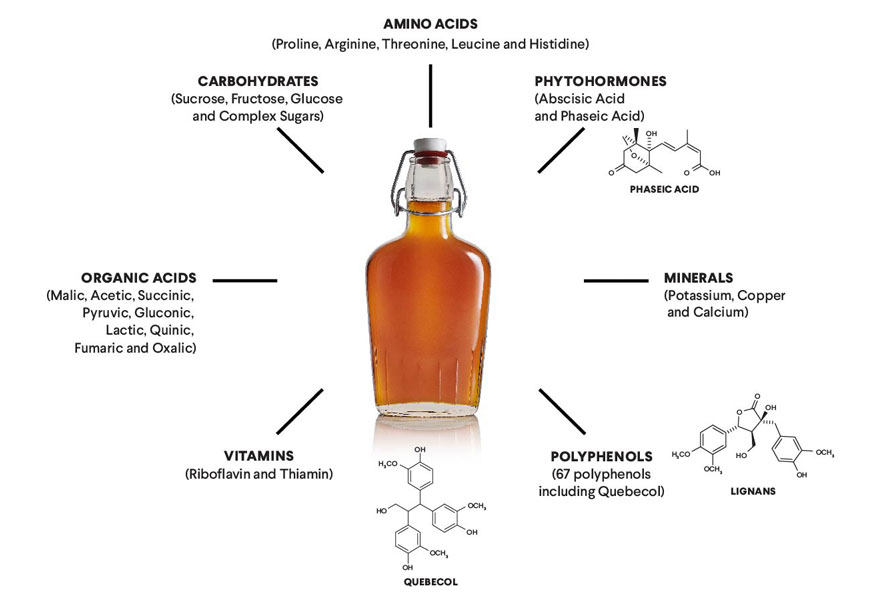
Learn more about the potential health benefits of maple syrup below.
Maple syrup vs agave syrup: versatility
As two popular sugar substitutes, maple syrup and agave syrup are used regularly in baking recipes, lending a touch of sweetness to classic treats like cakes, cookies, flapjacks and muffins.
One area in which both sweeteners are becoming increasingly popular is drinks, particularly iced coffees and cocktails.
Agave syrup more closely resembles the taste of regular sugar syrup, while maple syrup adds its own distinctive flavour to classic tipples such as a spicy margarita or espresso martini, as well as chilled brews like our iced vanilla latte.
When it comes to cooking, maple syrup generally serves as the preferred choice, with its more pronounced taste being better suited to glazes, marinades and spice mixes.
It’s great for brushing onto meats and vegetables before cooking, as with our maple bacon and maple pork belly, along with these maple-glazed parsnips.
Maple syrup can also be used to brighten up sauces. It pairs well with soy sauce and peanut butter to make a delightful satay sauce for these BBQ chicken skewers, while maple mayo serves as a wonderful accompaniment to fries, salads and sandwiches.
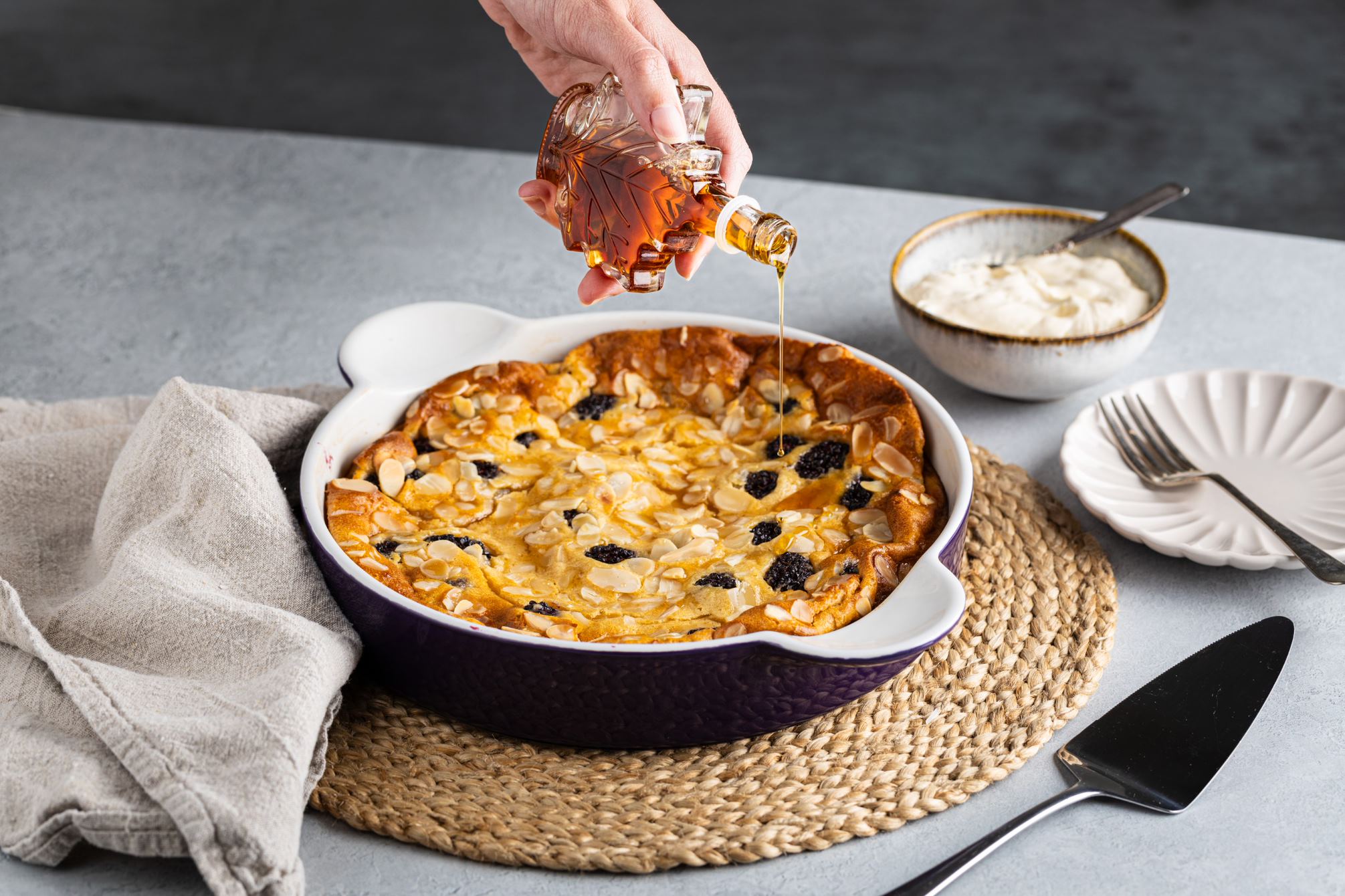
Learn more about the varied uses of maple syrup below.
Can you substitute agave syrup for maple syrup?
If you’re preparing a recipe that calls for agave syrup, it’s handy to know that maple syrup can be used as a ready replacement for the ingredient. The similar consistencies of the two syrups mean they can generally be substituted for one another in a 1:1 ratio.
You just need to remember that maple syrup has a more distinctive flavour than agave syrup, so is more likely to influence the overall taste of the dish.
In some cases, typically when using larger quantities, you may want to use slightly more maple syrup, as agave syrup has a sweeter taste.
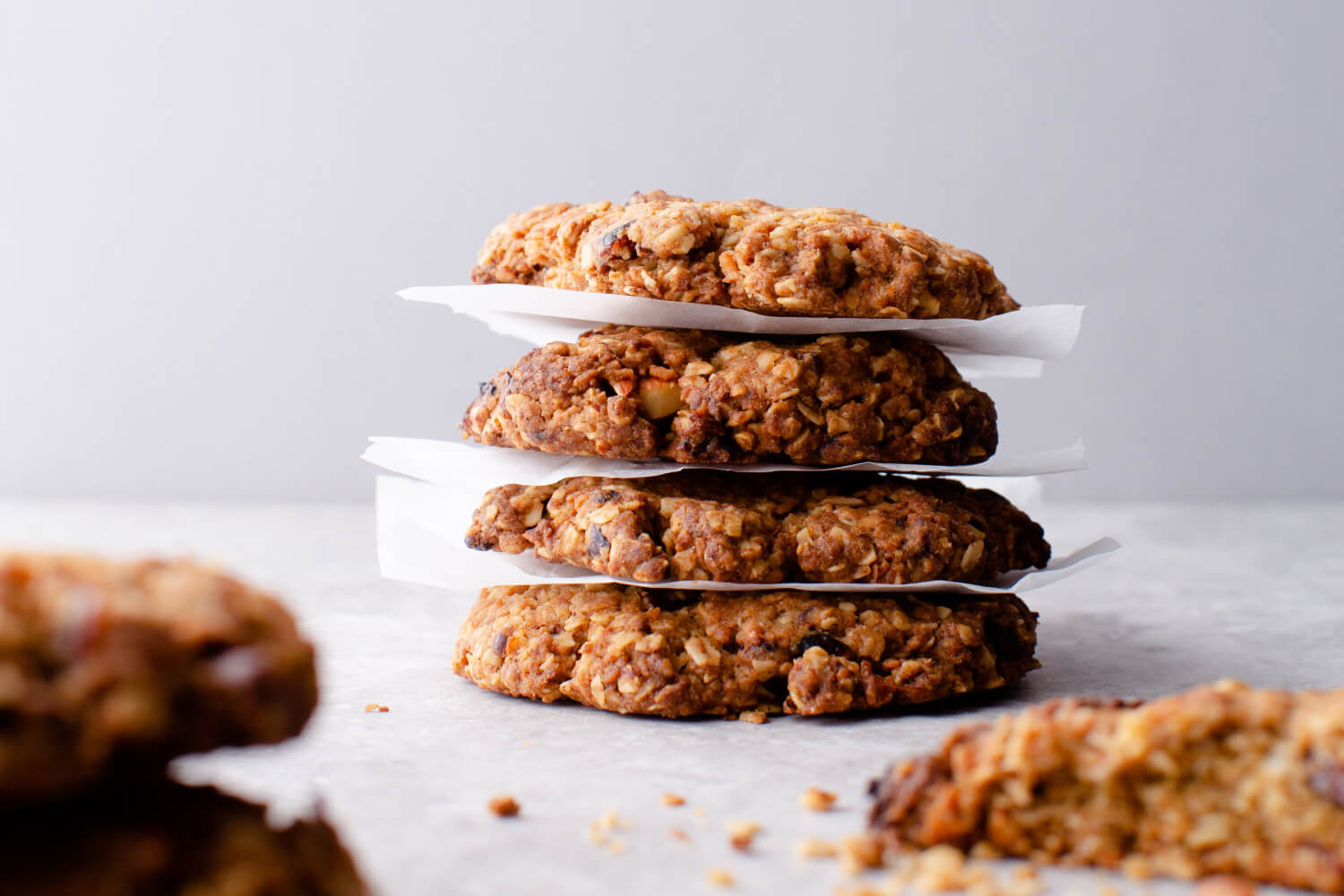
Learn more about using maple syrup as a sugar substitute below.
Maple syrup: an excellent agave syrup substitute
Whether you’re looking for the extra flavour that comes with maple syrup’s rich sweetness or prefer an all-natural product with added nutritional value, maple syrup serves as an excellent substitute for agave syrup.
Not only is maple syrup healthier and more organic than agave syrup, but it can also be used in a wider range of recipes, including many different savoury dishes as well as iced coffees, cocktails and bakes.
Ready to explore the exciting culinary world of maple syrup? Check out our huge range of maple syrup recipes, covering everything from snacks and starters to mains, drinks and desserts!
A natural source of energy
Maple syrup is a natural source of energy. Check out our recipes for food and drinks before, during, and after exercise.
)
